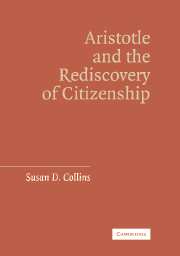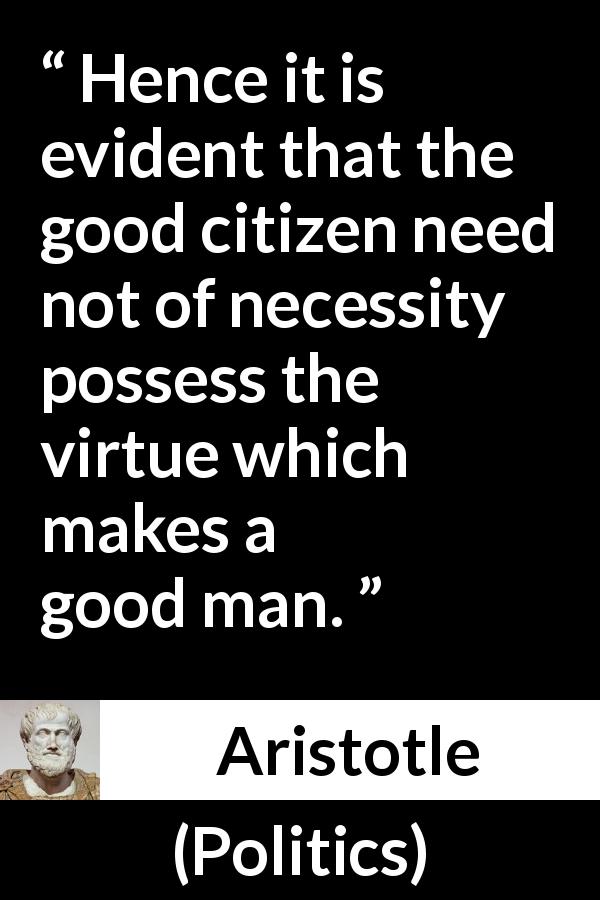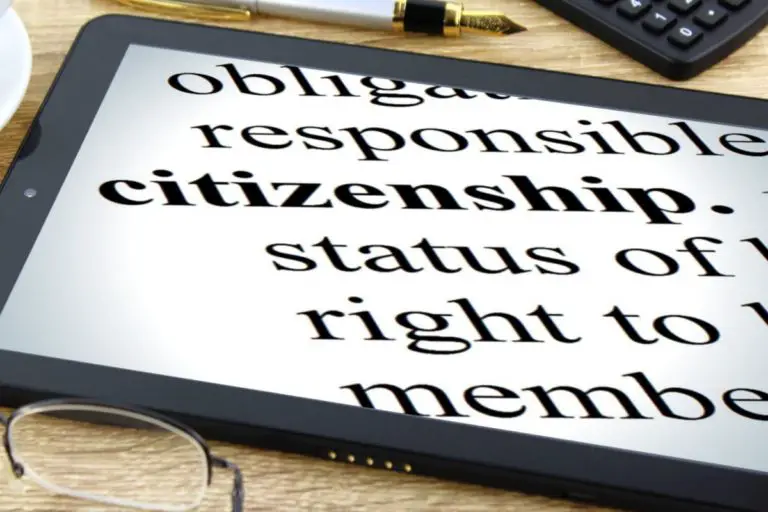
“Their problem consists in rescue of dialogue made by them, and this dialogue is the political system. The Safe sailing is the purpose for which seamen strive and each of them separately. In practice the citizen is the person whose parents – both father, and mother are considered as citizens, instead of someone one of them.Īnticipating differentiation of human rights and the rights of citizen, issued in the corresponding Declaration of the period of the French revolution of the end of XVIII century, Aristotle is interested by a question – whether “the good person can be considered as the efficient citizen?” (Aristotle, b.III, P66) In fact the citizen is in the same attitude to the state, as seaman on a vessel – to other crew. So, the access to the state post is the certificate of the civil rights. 65), – writes Aristotle, not dividing concepts of society and state.

That citizen is the person who takes part in legislative and judicial authority of the state: “We also name the state set of such citizens, sufficient, generally speaking, for self-sufficing existence”(Aristotle, b.III, p. At other kinds of a state system and the citizen should be other.

This definition corresponds mainly to the citizen of the democratic state. The concept of the citizen can be defined, according to Aristotle, through a principle of participation in court and authority: “We consider as citizens those who participate in court and in national assembly” (Aristotle, b.III, p.65). The aged people, passed age limit, also have been released in Athens from execution of civil duties. Only in relative sense it is possible to name the under-aged children, free from duties as citizens.


Those who have the right to be the claimant and the respondent are not citizens because foreigners use such right also. Whether is the citizen those by the virtue of where they live? But also slaves and foreigners can live together with the citizens of other state. Who should be named as a citizen? The persons of a noble origin lay claim on honor in the state, freeborn and paying taxes first of all. Developing and concretizing Paton’s doctrine, Aristotle in “Politics” puts a question on the status of the citizen.


 0 kommentar(er)
0 kommentar(er)
